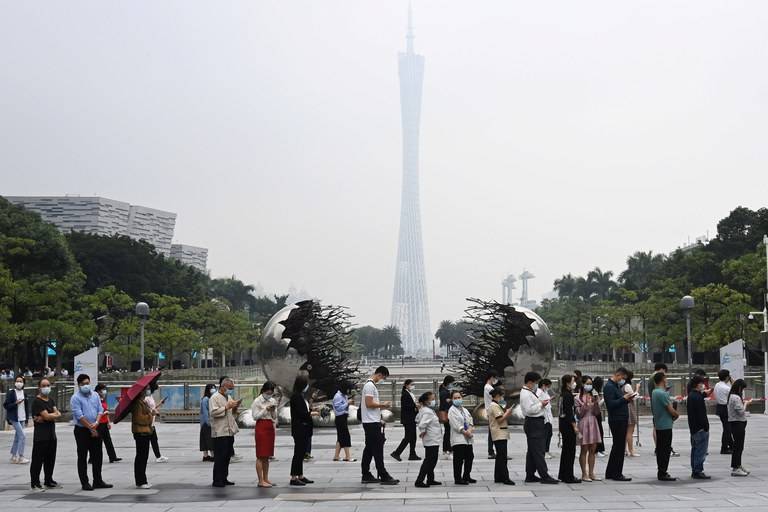
BRIDES FOR SALE: Pakistan
Bride trafficking has been taking place from Pakistan around the China-Pakistan Economic Corridor (CPEC), the $62 billion flagship project of China’s Belt and Road Initiative (BRI) in Pakistan. The practice involved cases of fraudulent marriage between Pakistani women and girls — many of them from marginalized backgrounds and Christian families — and Chinese men who had traveled to Pakistan. The victims were lured with payments to the family and promises of a good life in China but reported abuse, difficult living conditions, forced pregnancy, or forced prostitution once they reached China. According to various media reports, many Pakistani Christian women and girls with a lack of Chinese buyers are killed and their organs are sold! An investigation by News Agency AP in 2019 revealed how Pakistan’s Christian minority has become a new target of brokers who pay impoverished parents to marry off their daughters, some of them teenagers, to Chinese husbands who return with them to their homeland. Many of the brides are then isolated and abused or forced into prostitution in China, often contacting home and pleading to be brought back. Christians are targeted because they are one of the poorest communities in Muslim-majority Pakistan. The trafficking rings are made up of Chinese and Pakistani middlemen and include Christian ministers, mostly from small evangelical churches, who get bribes to urge their flock to sell their daughters. Investigators have also turned up at least one Muslim cleric running a marriage bureau from his madrasa, or religious school. Omar Warriach, Amnesty International’s campaigns director for South Asia, said Pakistan “must not let its close relationship with China become a reason to turn a blind eye to human rights abuses against its own citizens” either in abuses of women sold as brides or separation of Pakistani women from husbands from China’s Muslim Uighur population sent to “re-education camps” to turn them away from Islam. Statistics Recently, there were several media reports suggesting that Pakistani girls were being lured into marriage contracts and then used for prostitution in China. One such report in 2019 put the number of such Pakistani girls at 600. The report also claimed that the average per ‘bride’ earnings was from USD 25,000 to 65,000, but a paltry amount of PKR 200,000 (~USD 800$) was given to the family. The exact number of women trafficked is not released by the Government of Pakistan. Routes Some women are trafficked to China along the route of China Pakistan Economic Corridor (CPEC) and other are trafficked via sea route. Due to the close relationship between the two countries and the nature of regimes, the actual number of victims and the routes of trafficking are underreported or unreported. Attempts to whitewash by China China has issued a lot of clarifications and tried to whitewash the grave crime it has committed with respect to sex trafficking.










